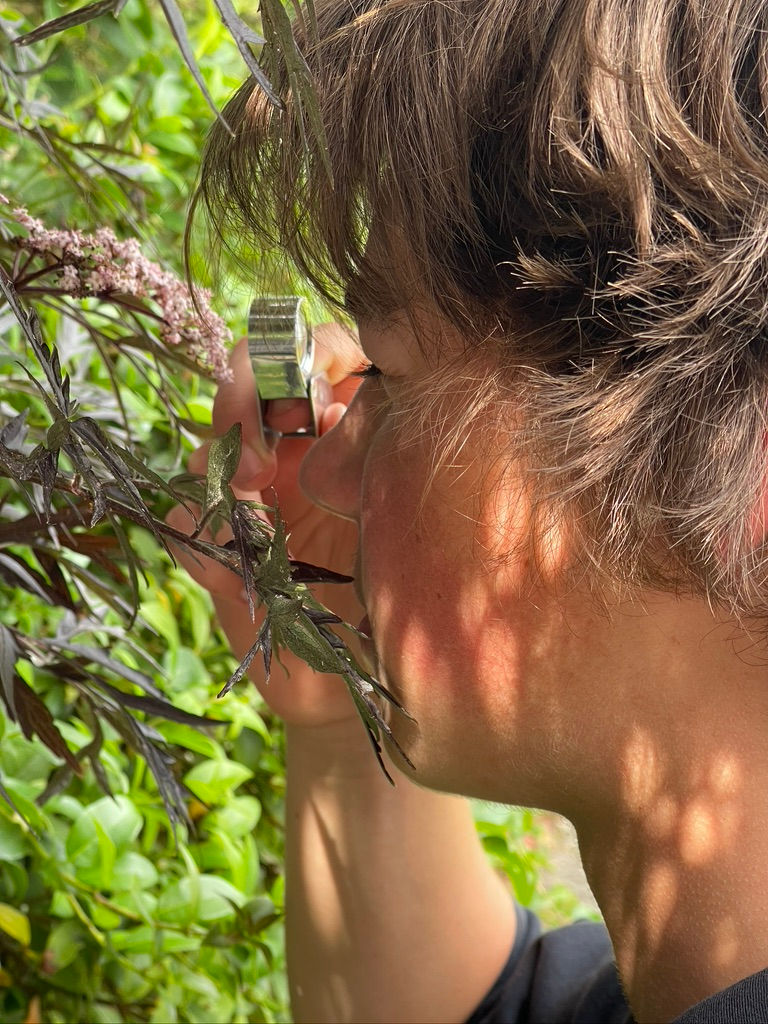Tips for Keeping Kids and Teens Safe Online: Cyber Safety Guide
- Ciaran Ivanovic

- Jan 17, 2024
- 2 min read
Updated: Apr 17, 2025

Threats to children’s internet safety include invasions of privacy, cyberbullying, sexting and harassment. Options to protect your children include parental controls, apps and tracking software. But the most effective way to keep your kids safe is to talk with them about online risks, how to avoid them and how they can come to you when something goes wrong.
Internet safety for kids depends on parents being aware of online risks and understanding how to help their children and teens avoid them.
Children socialise in online games or on smartphones just as they would on a playground. They live largely in a digital community. But like any community, there are risks and dangers.
Parents are the best suited to monitor kids’ online activity. They are also the most trusted adults most kids will turn to if they experience online dangers. Understanding what your children or teens do online is vital to protecting them from digital threats.
How Children and Teens Get Online
Ninety-five percent of teens have access to a smartphone, and 45 percent of teens say they are online “almost constantly,” according to the Pew Research Center.
You can take an active role in protecting your kids from online risks. Much of it is monitoring how they use the internet and how they access it. Some of it can be as simple as helping them set up their online access.
When you give your child a smartphone or tablet for the first time, use it as a teaching opportunity. Show your child how to set up strong passwords and set new rules for who can and can’t download apps. You may want to limit that to yourself until your child is older.
What Parents Can Do to Keep Their Kids Safe Online
Keep your children’s computer in a common area of the home to monitor their Internet activity.
Check your child’s browser history frequently.
Use security software or tools.
Activate privacy features through your browser or internet service provider.
Know what other computers or devices your child is using.
Know your children’s passwords.
Watch for changes in your child’s behaviour that may indicate cyberbullying or contact with an online sexual predator.




Comments